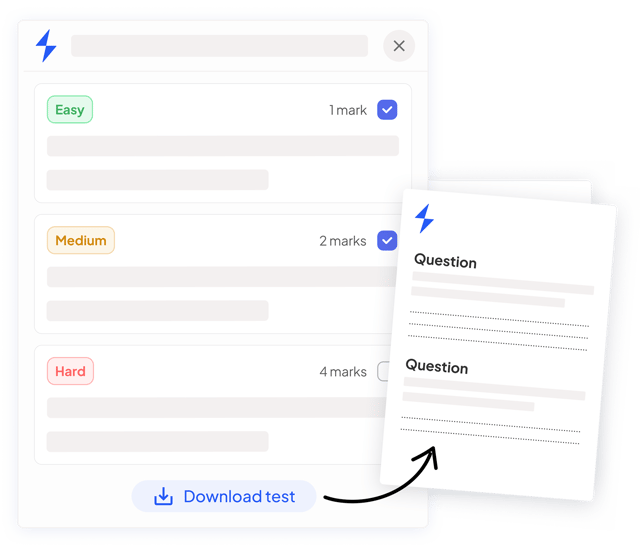Polymers (OCR GCSE Chemistry A (Gateway)): Revision Note
Exam code: J248
Polymers
Not all covalent molecules are small; covalent molecules can also be very large.
Polymers are very large covalent molecules, sometimes called macromolecules
Polymers are large molecules of high relative molecular mass and are made by linking together large numbers of smaller molecules called monomers
Each monomer is a repeat unit and is connected to the adjacent units via strong covalent bonds
The intermolecular forces acting in between polymer chains are larger than those in between simple molecules so polymers are usually solid at room temperature
Common polymers include polythene which is used extensively in plastic bags and polyvinyl chloride (PVC) which has many industrial applications, most notably in the production of water pipes.
Many everyday materials such as resins, plastics, polystyrene cups, nylon etc. are polymers
These are manufactured and are called synthetic polymers
Nature also produces polymers which are called natural or biological polymers
Examples include DNA, proteins, silk and wool

Polymers are made from very long carbon chains with a repeating unit
This diagram shows a short section of polystyrene, a polymer used widely in packaging materials
Ready to test your students on this topic?
- Create exam-aligned tests in minutes
- Differentiate easily with tiered difficulty
- Trusted for all assessment types

Did this page help you?